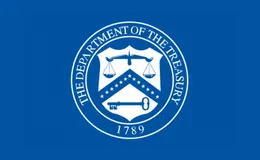PV Statement
31 March 2025
သတင်းထုတ်ပြန်ကြေညာချက် – မြန်မာနိုင်ငံရှိ ငလျင်ဒဏ်သင့် သက်ရှင်ကျန်ရစ်သူများနှင့် ထိခိုက်ခံစားရသည့် လူထုများအတွက် သဘာဝဘေးအန္တရာယ်ဆိုင်ရာ ကူညီကယ်ဆယ်ရေးအတွက် အရပ်ဘက်လူထုအဖွဲ့အစည်းများတောင်းဆို
PV Press Release
23 April 2025
Emergency Seminar: Earthquake in Central Myanmar – Delivering Aid to the People
PV In the News
30 April 2025
Myanmar junta accused of hoarding aid as local groups scramble to respond to earthquake
Announcements
28 February 2025
Asian NGO Network on National Human Rights Institutions , CSO Working Group on Independent National Human Rights Institution (Burma/Myanmar)
Open letter: Removal of the membership of the dis-accredited Myanmar National Human Rights Commission from the Southeast Asia National Human Rights Institution Forum

Progressive Voice is a participatory rights-based policy research and advocacy organization rooted in civil society, that maintains strong networks and relationships with grassroots organizations and community-based organizations throughout Myanmar. It acts as a bridge to the international community and international policymakers by amplifying voices from the ground, and advocating for a rights-based policy narrative.
Copyright © 2017 - 2025 All Rights Reserved - Progressive Voice (PV)
Website by Bordermedia 











